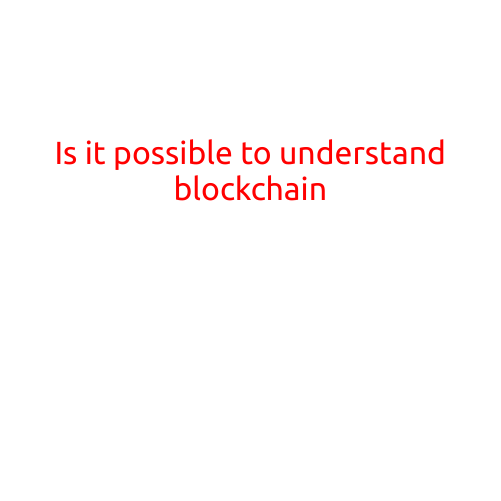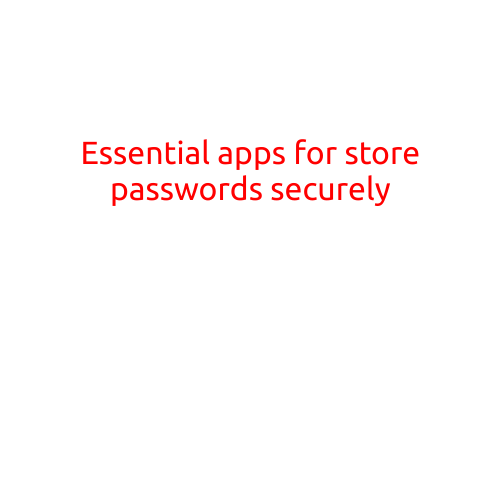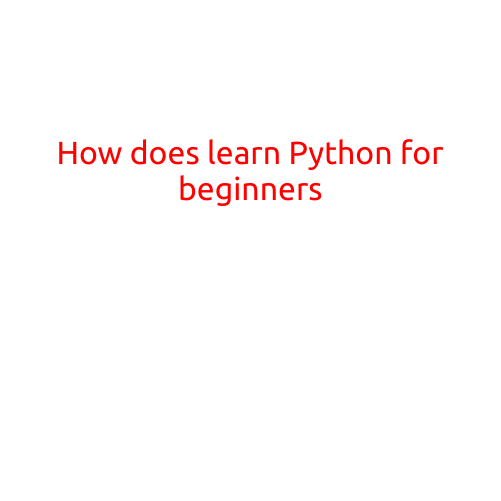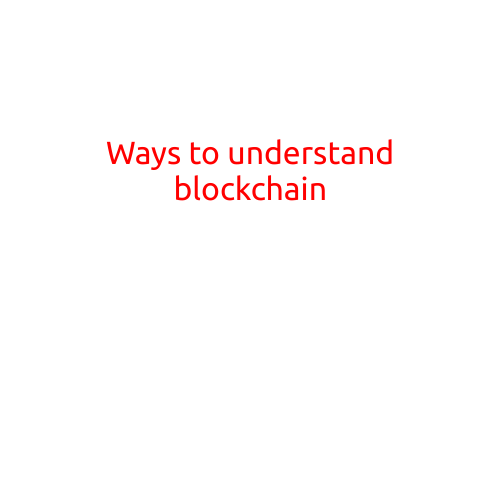
Is it Possible to Understand Blockchain?
In recent years, the term “blockchain” has become increasingly ubiquitous, often accompanied by a sense of mystery and complexity. As a technology that underlies cryptocurrencies like Bitcoin and Ethereum, blockchain has captured the attention of governments, businesses, and individuals alike. However, despite its widespread adoption, many people remain unclear about what blockchain is, how it works, and why it matters.
In this article, we’ll attempt to demystify the concept of blockchain, exploring its fundamental principles, advantages, and challenges. We’ll also examine whether understanding blockchain is indeed possible and provide tips for those seeking to grasp its intricacies.
What is Blockchain?
At its core, blockchain is a distributed digital ledger technology that allows for the secure, transparent, and tamper-proof recording of transactions. It’s often compared to a digital bookkeeper that maintains a chronology of events, ensuring that all parties have access to the same, unalterable ledger.
In a blockchain network, multiple users, known as nodes, validate and verify transactions using complex mathematical equations. Each node maintains a copy of the blockchain, ensuring that the information is replicated across the network. This distributed architecture creates a decentralized system, free from the control of any single entity.
How Does Blockchain Work?
Here’s a simplified overview of the blockchain process:
- Transaction: A user initiates a transaction, which is broadcast to the network.
- Verification: Nodes verify the transaction using complex algorithms, ensuring that it’s valid and legitimate.
- Blockchain update: A new block is added to the blockchain, containing the transaction and a unique code (hash) that connects it to the previous block.
- Consensus: Nodes agree on the new block, ensuring that the blockchain remains a single, consistent record.
Advantages of Blockchain
- Security: Blockchain’s decentralized nature and cryptographic techniques ensure that transactions are secure and tamper-proof.
- Transparency: All transactions are publicly visible, providing a clear audit trail.
- Immutable: Once a transaction is recorded on the blockchain, it cannot be altered or deleted.
- Efficiency: Blockchain eliminates the need for intermediaries, reducing costs and increasing speed.
Challenges of Blockchain
- Complexity: The underlying technology is notoriously complex, making it difficult to understand and implement.
- Scalability: Current blockchain networks struggle to handle large volumes of transactions, leading to issues with speed and efficiency.
- Regulatory uncertainty: Governments and regulatory bodies are still grappling with how to oversee and govern blockchain technology.
Is it Possible to Understand Blockchain?
While the concept of blockchain can seem intimidating, it’s indeed possible to understand its fundamental principles with a little persistence and effort. Here are some tips to help you grasp blockchain:
- Start with the basics: Begin by understanding the fundamental concepts of blockchain, such as the distributed ledger, nodes, blocks, and transactions.
- Simplify the jargon: Don’t be overwhelmed by technical terms like “hash functions” or “smart contracts.” Break them down into smaller, more manageable pieces.
- Explore real-world applications: Look for practical examples of how blockchain is being used in industries like finance, healthcare, and supply chain management.
- Join online communities: Engage with online forums, social media groups, and blockchain-related subreddits to connect with others who share your interest.
- Take online courses or tutorials: Utilize online resources to learn more about blockchain programming, development, and deployment.
Conclusion
Blockchain is a complex technology that, with dedication and effort, can be understood and appreciated. By grasping its fundamental principles, advantages, and challenges, individuals can better navigate the rapidly evolving landscape of blockchain and its applications. Whether you’re a beginner or an experienced professional, understanding blockchain can open doors to new opportunities and inspire innovative solutions for the digital age.





